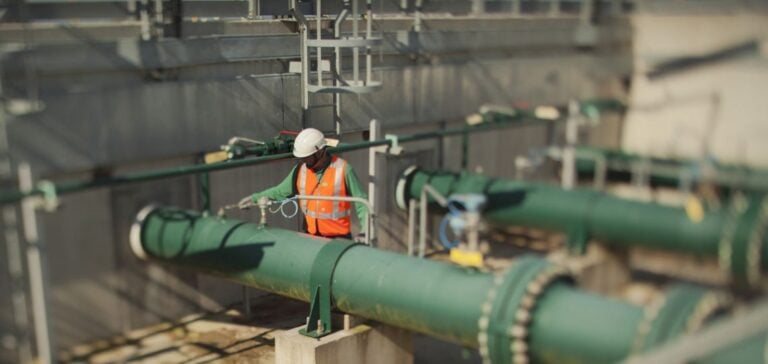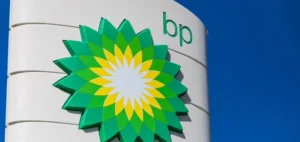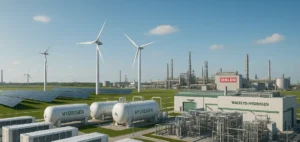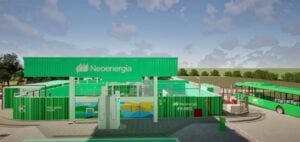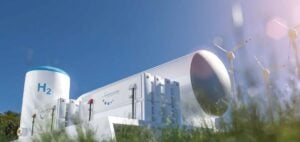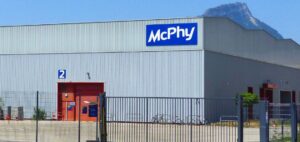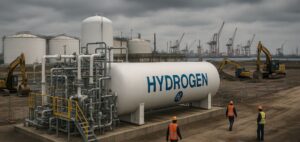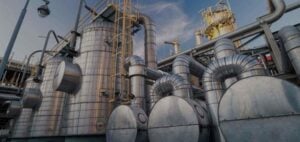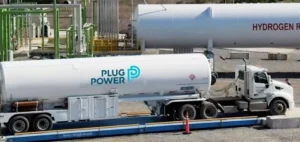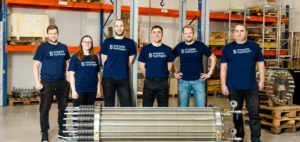GRTgaz and Creos have announced an ambitious project for a cross-border hydrogen transport network, called mosaHYc, linking France and Germany. This network is designed to supply a steel mill in Saarland, owned by ROGESA Roheisengesellschaft Saar, a subsidiary of the SHS Group. The total investment for this project amounts to 110 million euros, divided between the two companies: 70 million euros will be invested by Creos in Saarland and 40 million euros by GRTgaz in the Grand Est region.
Industrial and environmental importance
Anthony Mazzenga, GRTgaz’s Development Director, explained at a press conference that this network is a direct response to the steel industry’s need to decarbonize, “by switching its steel production from coal-fired blast furnaces to a hydrogen-fired production process”. He also pointed to “positive signals” despite a hydrogen market that is faltering for lack of sufficient customer demand.
European status and support
This project has been classified as a “Project of Common Interest” by the European Union, which facilitates access to European subsidies and administrative facilities for decarbonation-related investments. Mr. Mazzenga pointed out that converting 70 km of natural gas pipelines into hydrogen pipelines involves “modifying the mechanical properties of steels in the presence of hydrogen”. Commissioning of this network is scheduled for the second half of 2027.
Regional impact and future expansion
The mosaHYc route will pass through several towns, including Völklingen, Saint-Avold, Carling, Bouzonville, Perl on the Luxembourg border, Sarrelouis and Dillingen. This ambitious network will be able to transport up to 50,000 tonnes of hydrogen per year to the industrial site, establishing a crucial bridge for industry and heavy mobility in the context of low-carbon freight transport.
The mosaHYc network represents a milestone in Europe’s energy transition towards greener solutions. By connecting key industries via a hydrogen network, this project embodies innovation in energy infrastructure and the potential of hydrogen as a vector for decarbonization.

